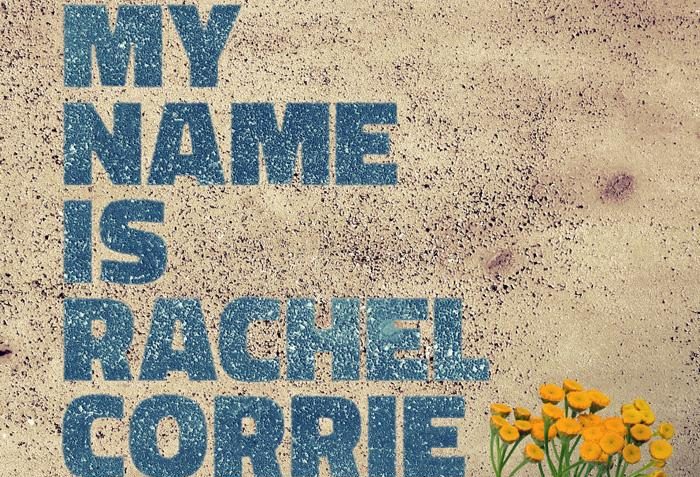My Name is Rachel Corrie is a powerful documentary-style monologue play directed by Alan Rickman, in collaboration with journalist Katharine Viner of The Guardian. The play is based on the diaries, emails, and letters of Rachel Corrie, a young American peace activist who was killed in 2003 in Gaza while trying to prevent the demolition of a Palestinian home.
About the Play
This emotionally charged, politically provocative piece follows Rachel’s life from her teenage years in Olympia, Washington, through her growing political awareness, to her final days in the Gaza Strip. Her words — sometimes poetic, often urgent — form the backbone of the script, which Rickman and Viner edited from her own writings, carefully preserving her voice and spirit.
Premiere and Production
- Premiere: Royal Court Theatre, London, 2005
- Performed by: Meghan Dodds as Rachel
- Director: Alan Rickman
- Editor/Co-creator: Katharine Viner
- Genre: Documentary drama, solo performance
Rickman approached the work with deep sensitivity and a clear sense of ethical responsibility. For him, this was not just a political project but a deeply human one — a meditation on voice, memory, and moral courage.
Reaction and Controversy
Upon its London debut, My Name is Rachel Corrie received widespread critical acclaim for its sincerity and impact. However, it also sparked intense political backlash:
- In 2006, the planned U.S. premiere at New York Theatre Workshop was postponed (effectively cancelled) due to concerns about the political climate.
- Rickman publicly denounced the decision as cowardly self-censorship.
- The production eventually found a home at The Minetta Lane Theatre in New York, where it was performed to critical praise.
Significance
My Name is Rachel Corrie stands out as one of Rickman’s most important directorial works. It reveals his deep belief in theatre as a space for urgent conversation, ethical engagement, and political awareness. For Rickman, art was a way to speak for the voiceless — to listen, and to make others listen.
“This play is not about who’s right or wrong — it’s about what it means to be human,” Rickman once said.
Contextual Note:
The demolition of homes in the Gaza Strip, which Rachel Corrie attempted to prevent, was carried out by Israeli military forces as part of security operations aimed—according to the official Israeli position—at combating Palestinian terrorism, particularly the smuggling tunnels and militant hideouts. These actions have been highly controversial internationally, as they often involved displacement and rights violations of civilian populations.
At the time of Rachel Corrie’s death in 2003, she was in an active conflict zone without adequate protection or coordination with any official humanitarian organization. Many observers—even those sympathetic to her intentions—believed that her presence in such a high-risk area was extremely dangerous, and that her death could have been avoided had she followed the restrictions and warnings generally advised for foreigners in combat zones.



